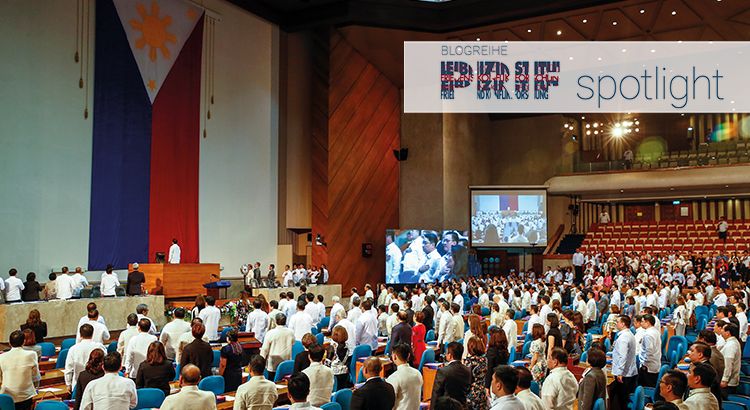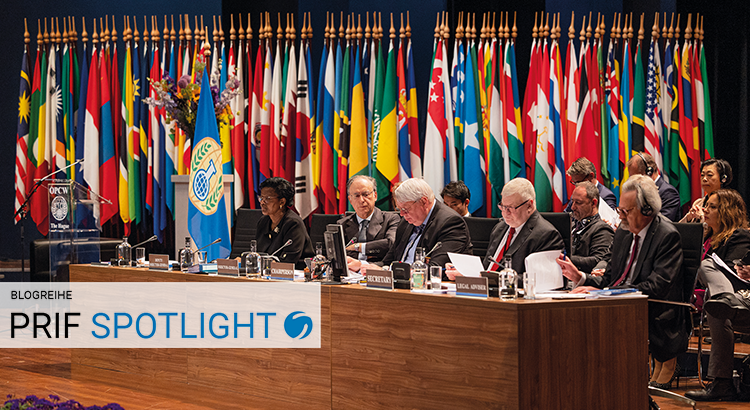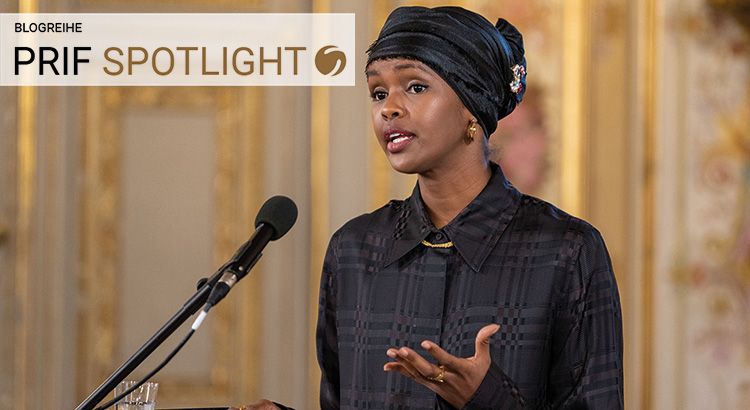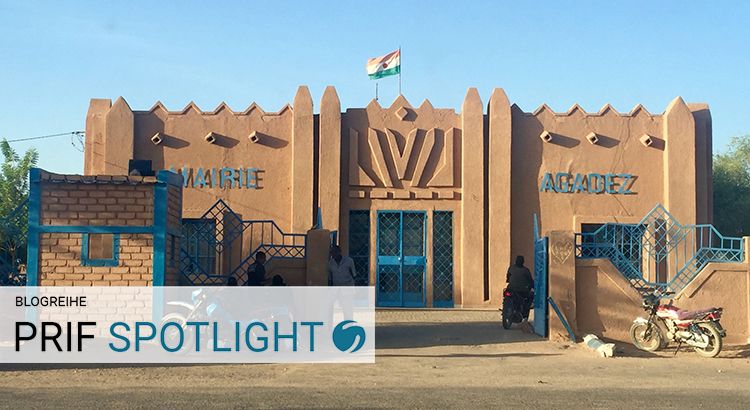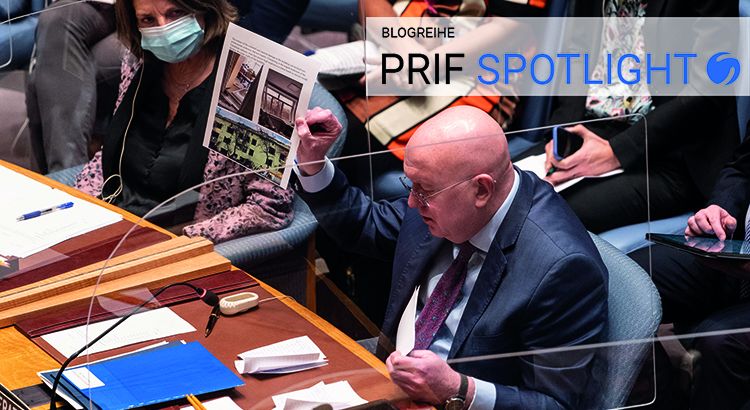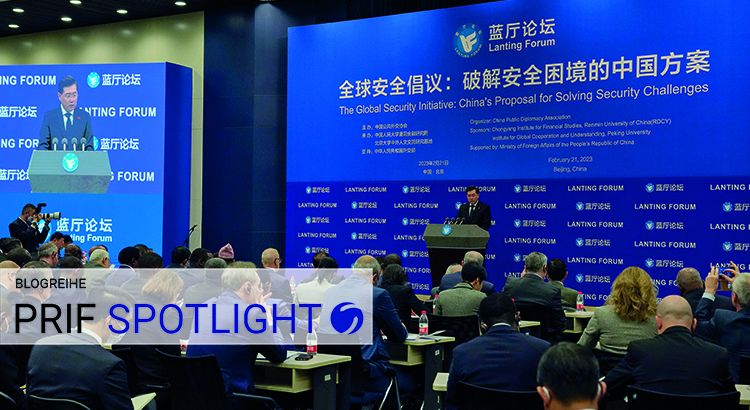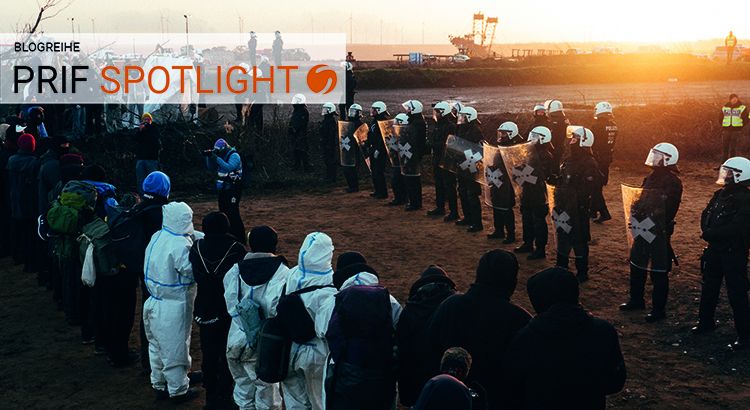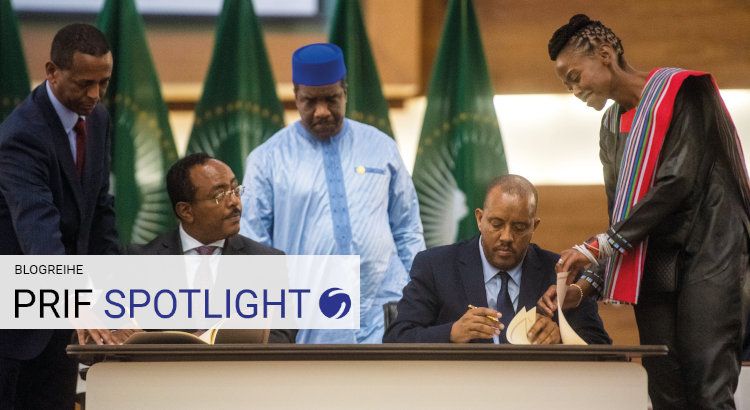PRIF Spotlight
Die Reihe PRIF Spotlight stellt eine der PRIF-Hauspublikationen im Blog bereit: Die englisch- oder deutschsprachigen PRIF Spotlights richten sich an ein breiteres Publikum, das an friedens- und sicherheitspolitischen Themen interessiert ist. Sie stehen zudem kostenfrei als PDF-Download und gedruckte Version zur Verfügung.
